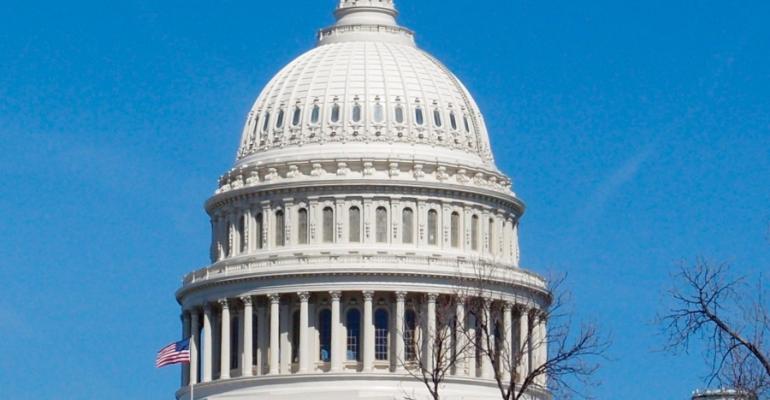The letter also asks for legislative language directing that new CBP staff be stationed at US seaports.
'Proper CBP funding and staffing is critical to cruise travel. The more than 11 million passengers who will cruise this year via US seaports depend on an efficient and seamless customs process,' said CLIA's Bud Darr, svp technical and regulatory affairs. 'Recently, we have seen instances where fees levied on cruise passengers are diverted for non-CBP purposes, leaving CBP without the necessary resources to fulfill its important mission at seaports, and we are looking to correct this inequity.'
CBP activities at seaports are often underfunded compared to other CBP expenditures. In fiscal 2015, when CBP was funded to hire 2,000 staff, fewer than 10 agents were assigned to seaports.
The letter notes that each year, 'over 11 million international passengers begin their cruises via US seaports. CBP is on the front line when cargo and passengers enter our country.' The letter continues: 'CBP is also responsible for screening all foreign visitors and returning American citizens and passenger ships that enter US seaports. It is not unusual for customs operations to be short of inspectors. Many ports and terminals know that staffing levels are inadequate to meet the demand.'
The letter also points out that money is an issue despite the fact that revenues from inspections continues to grow. Last year Congress indexed Customs fees and the revenue was diverted from CBP to help pay for the highway trust fund in the FAST Act.
More than a half billion dollars in user fees were imposed by the Animal and Plant Health Inspection Service with no guarantee that adequate inspection staffing will be available to administer these services when needed.
A copy of the letter is here.
Copyright © 2024. All rights reserved. Seatrade, a trading name of Informa Markets (UK) Limited. Add Seatrade Cruise News to your Google News feed.


